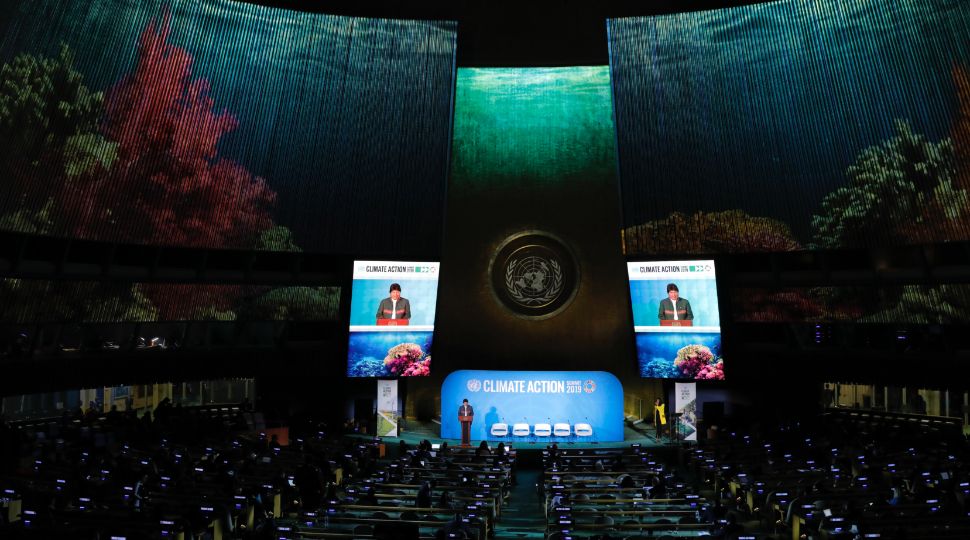COP26 Climate Summit in Glasgow Postponed until 2021

Why was COP26 postponed?
International climate negotiations are preceded by a two-week negotiating session of subsidiary bodies in Bonn in May or June and many bilateral and multilateral talks. Because of the COVID-19 pandemic, many of these meetings could not take place and countries instead are focused on combatting the coronavirus and reducing its economic impact. Therefore, it would have been impossible to prepare a substantive summit and reach an agreement, even if the pandemic is effectively halted by November. That is why the UNFCCC, together with the British and Italian governments (COP26 co-organisers), decided to postpone the summit.
Although the June Bonn session was delayed to 4–12 October, it is uncertain whether this date will be kept. For this reason, the UNFCCC office did not give an exact date for COP26 in 2021.
What are the consequences of the date change in tackling climate change?
The postponement of the summit delays the discussion about increasing the ambition of the declared actions, in particular the reduction of greenhouse gas emissions. The parties to the Paris Agreement have until the end of this year to update their Nationally Determined Contribution (NDC) with a perspective through 2030. Taking into consideration the COP26 postponement and the negative economic effects of the pandemic, the enhancement of the NDCs is less probable.
The postponement of COP26 also is another obstacle to international climate negotiations after last year’s transfer of COP25 from Chile to Spain. The summit ended without compromise on carbon markets or the NDC’s common timeframes.
What does this mean for the European Union?
The postponement of the negotiations is not beneficial to the EU, which has identified the protection of climate as a top priority. In December 2019, it agreed on the goal of climate neutrality by 2050, and the European Commission (EC) presented the “European Green Deal”, a strategy on how to achieve this objective. Frans Timmermans, the EC vice-president responsible for implementing this plan, stressed on 1 April that, despite the pandemic, the EC will not slow down preparations for COP26 and does not intend to delay action at the EU level. In September, the EC will present an impact assessment and a plan to increase the emissions reduction target by 2030 to 50–55% (1990 baseline). By the end of 2020, the EU will also present its updated NDC. Faced with the consequences of the pandemic, it is difficult to expect that climate action will gain support among other major economies.





